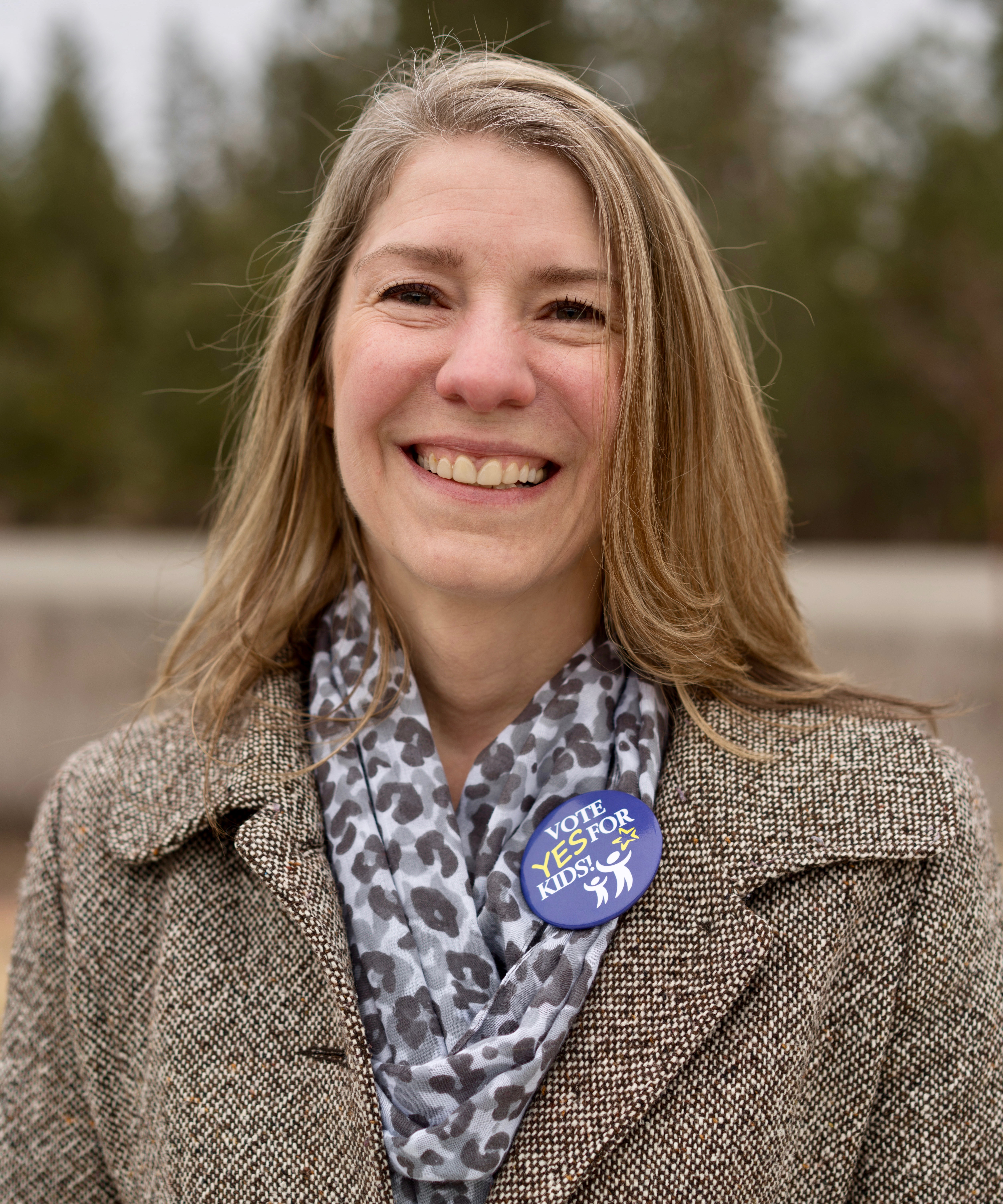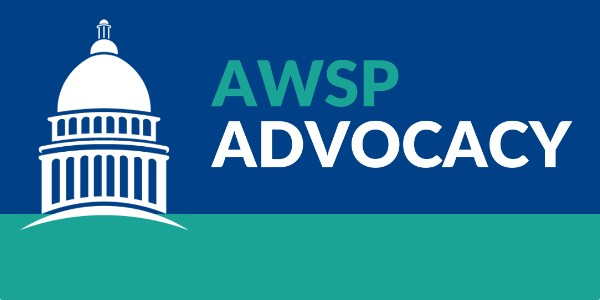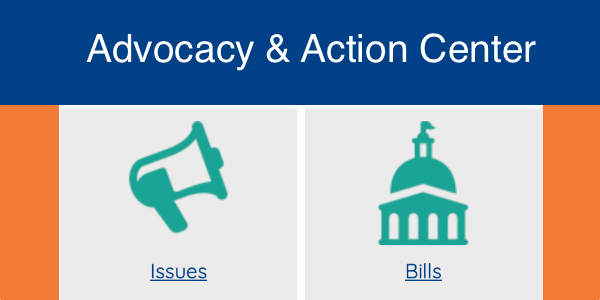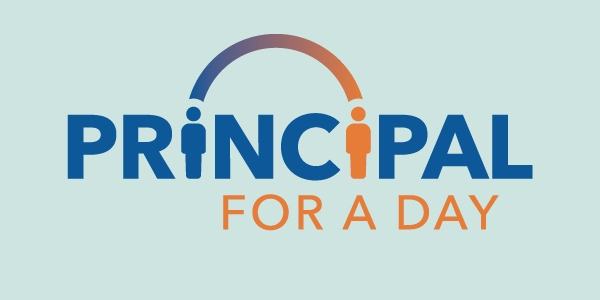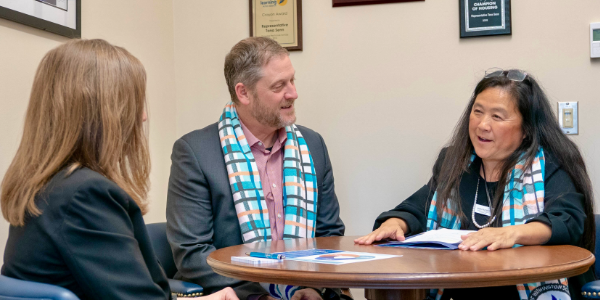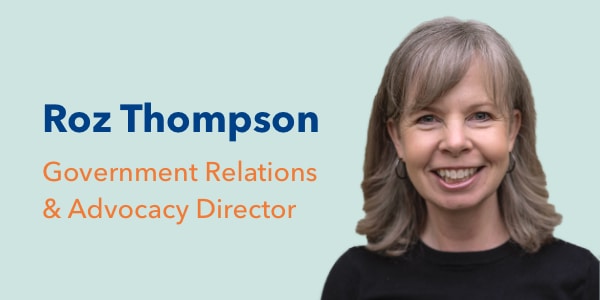This week marked a significant shift to budget discussions. Both houses released and started amending their supplemental budgets for 2021, operating budgets for 2021-23, capital budgets, and transportation budgets. Today is the deadline for fiscal committees to pass bills and read them into the record on the floor from both House and Senate fiscal committees. Ensuring that policy bills with fiscal notes kept moving, in addition to combing through and providing initial feedback on all of these budgets, has made for a very busy week for everyone.
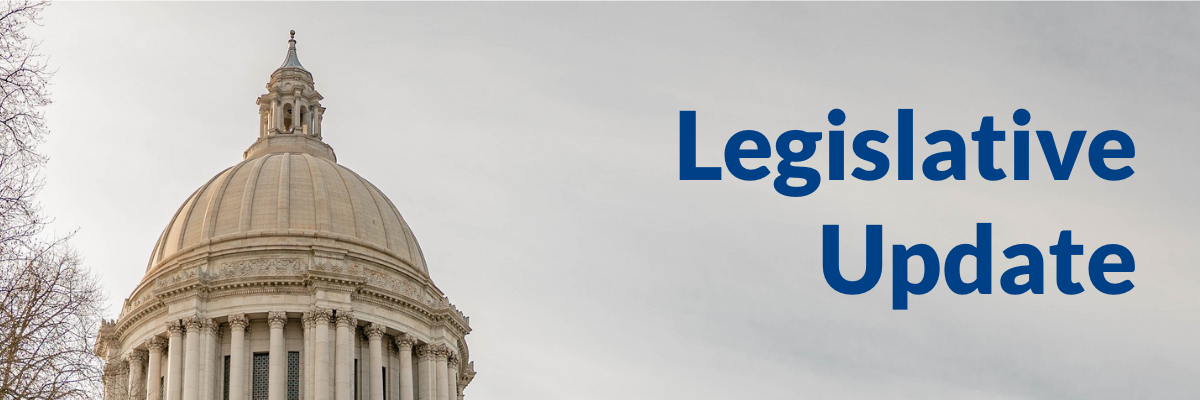
This week marked a significant shift to budget discussions. Both houses released and started amending their supplemental budgets for 2021, operating budgets for 2021-23, capital budgets, and transportation budgets. Today is the deadline for fiscal committees
to pass bills and read them into the record on the floor from both House and Senate fiscal committees. Ensuring that policy bills with fiscal notes kept moving, in addition to combing through and providing initial feedback on all of these budgets,
has made for a very busy week for everyone.
The Legislature will now focus on floor action to move bills out of the opposite house by the April 11th deadline, while also negotiating on final budget language by the final day of the session (we hope!) on April 25th.
The state revenue forecast in mid-March showed revenue projections are strong, and a third round of federal funds with
approximately $1.7 billion dollars for K-12 education in our state is on its way. This good budget news means that stable funding for education over the next few years should be possible. However, there are many details to sort out to make sure that
the state does its part to stabilize schools, especially because there are inconsistencies in how ESSER dollars will be allocated to districts across the state.
The Senate budget proposal (SB 5092) provides $192 million for a $1,500 per pupil floor amount for those districts that receive little
to no ESSER funds. They also provide $358 million as a one-time increase to support student transportation for the 2020-21 school year, but policy language in SB 5128
needs to be clarified so districts can access this funding for the variety of ways that they have used buses and drivers this school year. For more analysis of the entire Senate budget proposal, check out this interview with Ways and Means Chair Christine
Rolfes from the Washington State Wire.
The House budget proposal (HB 1094) provides $278 million to extend the 2021-22 school year by five days. This was amended
to include a menu of options for districts including additional school days, additional school contracts for staff, professional learning, data systems, or direct supports to students to improve engagement and learning recovery. The House also included
specific language that corrects future funding formula problems related to pandemic enrollment numbers for categorical programs such as LAP, special education, TBIP, etc… which is important. Here is more information on the entire House budget proposal.
For a comparison of all of the education budgets, check out this easy-to-read chart from the League of Education Voters. Many
different programs like childcare, connectivity and devices, additional school counselors, MTSS, training for paraeducators, and nurses are included in at least one or all of these budgets. And for those of you who want an even greater level of detail,
the amazing Dan Steele from WASA provides almost 20 pages of analysis in his first look at both budgets.
We sent a letter to the budget chairs from the principals’ perspective on including funding in the final budget for nurses, inclusionary practices project, MTSS, support for students experiencing homelessness, institutional education, dual credit,
and ASB grant funds. And we continue to celebrate that AWSL, Cispus, and Outdoor School for All receive funding in both budgets.
We also signed on to a letter along with our partners in the School Funding Coalition on three main goals of the budget: enrollment stabilization, transportation stabilization, and support for learning recovery and acceleration.
Take Action!
If you are interested and able to advocate with your legislators, feel free to use this language in your messages to them. A short email to your legislators that shows your support for any or all of these critical programs would be greatly appreciated.
Here's a link to find their contact information.
Bills Still Alive
House Bills in the Senate
- HB 1028 | Repealing the EdTPA
- HB 1085 | Students with seizure disorders
- HB 1113 | Concerning school attendance
- HB 1121 | Emergency graduation waiver
- HB 1139 | Taking action to address lead in drinking water
- HB 1162 | Concerning high school graduation credit (20 credits) and pathway options (performance exhibition)
- HB 1176 | Access to higher education (fines and fees)
- HB 1208 | Modifying the learning assistance program
- HB 1213 | Expanding accessible, affordable child care and early learning
- HB 1214 | Providing K–12 public school safety and security services by classified staff
- HB 1225 | School-based health care centers
- HB 1273 | Concerning menstrual products in schools
- HB 1295 | Concerning institutional education
- HB 1302 | Concerning college in the high school programs
- HB 1325 | Implementing policies related to children and youth behavioral health
- HB 1342 | Eliminating lunch copays for students who qualify for reduced-price lunches
- HB 1356 | Prohibiting the inappropriate use of Native American names, symbols or images as public school mascots, logos, or
team names
- HB 1365 | Procuring and supporting appropriate computers and devices for public school students and staff
- HB 1373 | Promoting student access to information about behavioral health resources
- HB 1426 | Continuing education requirements for administrators and teachers
- HB 1476 | Addressing enrollment declines
- HB 1484 | Concerning the statewide first responder building mapping information system
Senate Bills in the House
- SB 5030 | Comprehensive school counseling programs
- SB 5043 | Providing housing to school district employees
- SB 5044 | Professional learning related to equity, cultural competency, and dismantling institutional racism in schools
- SB 5128 | Concerning student transportation funding
- SB 5184 | Establishing a point of contact in all K–12 schools for students in foster care
- SB 5202 | Establishing school district depreciation sub-funds for the purposes of preventative maintenance
- SB 5237 | Expanding accessible, affordable child care and early childhood development programs
- SB 5242 | Supporting media literacy and digital citizenship
- SB 5249 | Mastery based learning
- SB 5265 | Creating a bridge year pilot program
- SB 5299 | Allowing computer science courses as a third year of either a math or science graduation requirement
- SB 5322 | Prohibiting dual enrollment between SEBB and PEBB
- SB 5327 | Creating a confidential youth safety and well-being tip line
- SB 5376 | Promoting awareness of the governor’s office of the education ombudsman
More Links


